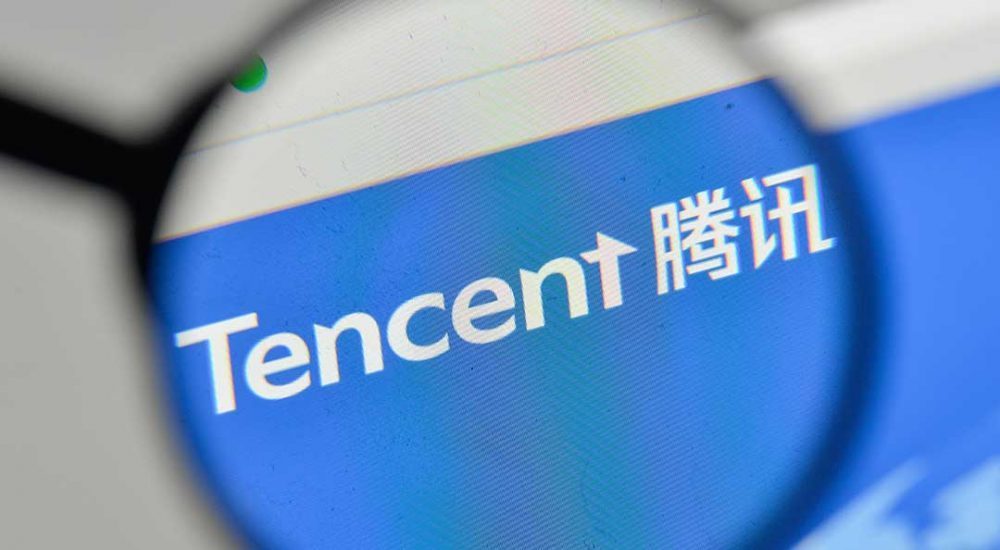Gaming giant Tencent has successfully negotiated a more favorable revenue split with a number of Chinese Android stores for its mobile titles, media outlet GameLook reported.
Tencent’s new terms reduce the commission paid to Android stores to 30% of mobile title revenue. Previously, Chinese publishers generally had to hand over 50% of titles’ revenue to third party Android marketplaces as distribution fees. Games covered by the new terms include the recent “Jian Wang 3 Mobile” and “PopKart Mobile.”
Tencent declined to comment when contacted by TechNode on Monday.
Android stores that currently have the two titles available for download, including the Huawei and Xiaomi app stores, have accepted the new revenue-sharing model. While other app marketplaces including Oppo’s and Vivo’s have yet to agree, negotiations are ongoing, the GameLook report said.
This is not the first time that Chinese game companies have attempted to change the equal revenue split that is the industry standard, according to GameLook. NetEase managed to keep 70% of its revenue for its “Fantasy Westward Journey Mobile,” which was launched in March. Tencent has tried several times in the past to negotiate better terms with Chinese Android stores, but they all refused to budge at the time, said the report.
Tencent has more leverage this time because its mobile titles have been performing well, Liao Xuhua, an analyst at data consultancy firm Analysys, told TechNode. “Distribution channels no longer have the upper hand in the face of Tencent’s high-quality games,” Liao said. “Another reason is that Tencent is investing a lot more in its products. Both Tencent and the developers of those games require more profit,” he added.
However, Tencent’s move is not likely to bring substantial changes to the industry in the short term. According to Liao, China’s Android ecosystem is big but not very profitable, with a lot of titles unable to maintain a steady revenue stream which are thus reliant on traffic brought by platforms.
If these developers attempt to ask for a larger share without improving the quality of their games, it will result in a lose-lose situation, Liao said. “Platforms won’t have the money to operate, and games won’t get the traffic from platforms.”
-This article originally appeared on TechNode.







